Remember when every song on the radio felt like it was speaking directly to your teenage heart? The 1960s gave us an incredible soundtrack to our youth, but while classics like “Hey Jude” and “Like a Rolling Stone” never left the airwaves, dozens of other chart-toppers simply vanished into thin air. These weren’t one-hit wonders or forgotten B-sides—they were the songs that had us cranking up our transistor radios and dancing at sock hops across America.
1. “Green Tambourine” by The Lemon Pipers (1967)
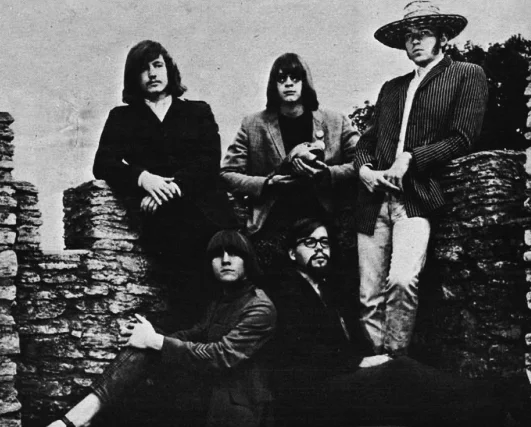
This psychedelic pop gem climbed all the way to number one, bringing that dreamy, flower-power sound into every living room in America. The Lemon Pipers created something magical with their swirling harmonies and that hypnotic tambourine that seemed to transport listeners straight to a peaceful meadow. You probably hummed along to “Green Tambourine” a thousand times, yet somehow it disappeared from classic rock stations faster than you could say “peace and love.”
The song captured that innocent, optimistic spirit of the late ’60s perfectly—before things got too heavy and complicated. Radio DJs loved its three-minute burst of pure sunshine, and record stores couldn’t keep the 45s in stock. Today, mention “Green Tambourine” to most music fans, and you’ll get blank stares, even though it outsold many songs that are now considered timeless classics.
2. “Incense and Peppermints” by Strawberry Alarm Clock (1967)
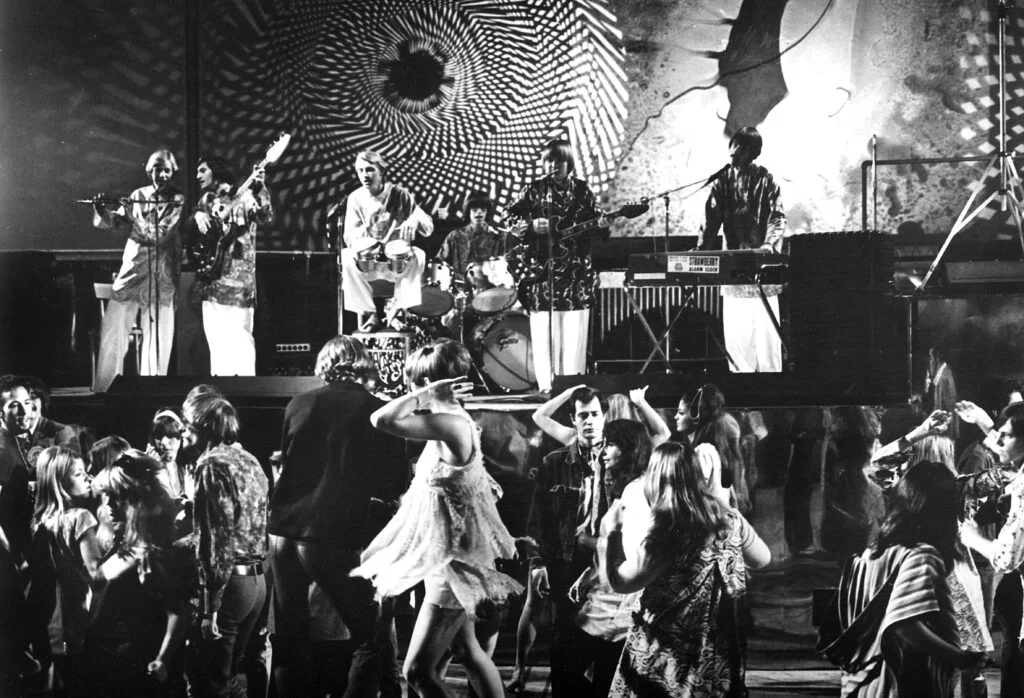
Talk about a song that defined the Summer of Love—this trippy anthem was everywhere you turned in 1967. The opening organ riff was instantly recognizable, and that mysterious, spoken-word intro had everyone trying to decipher its meaning over cherry Cokes at the local diner. “Incense and Peppermints” reached number one and became the unofficial soundtrack for anyone experimenting with the counterculture movement.
The band’s name alone was pure poetry, perfectly capturing the whimsical spirit of the era when everything seemed possible. DJs couldn’t get enough of its dreamy, otherworldly vibe, and teenagers slow-danced to it at school dances from coast to coast. Yet somehow, this psychedelic masterpiece faded away like morning mist, rarely heard today except on the deepest of deep cuts compilations.
3. “A Little Bit Me, A Little Bit You” by The Monkees (1967)
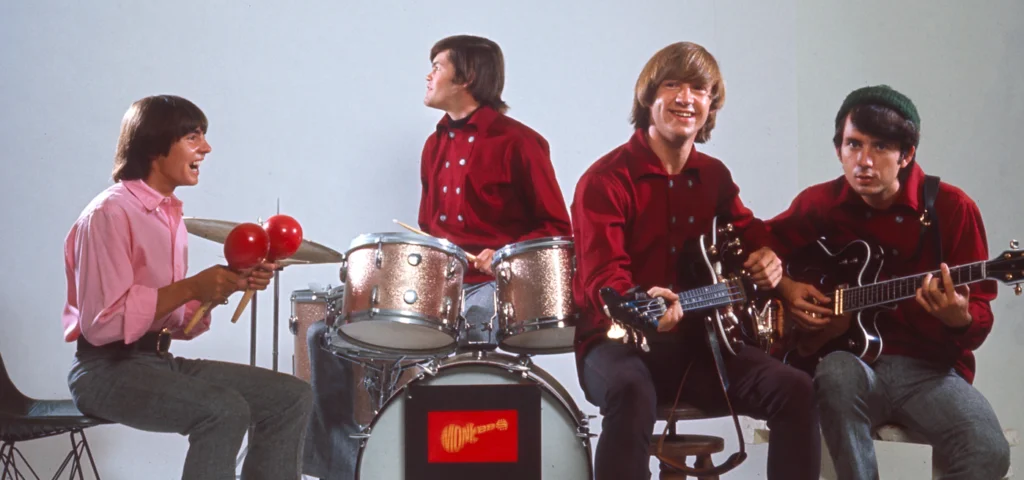
Before you roll your eyes about The Monkees being a “manufactured” band, remember that this Neil Diamond-penned treasure was pure pop perfection. The harmonies were tight, the melody was infectious, and Mickey Dolenz’s vocals had just the right amount of that boyish charm that made teenage hearts skip a beat. It shot straight to number two and stayed on the charts for months, proving The Monkees could deliver hits beyond their TV show antics.
This wasn’t just bubblegum pop—it had layers of sophistication that revealed themselves with each listen. The song balanced sweet innocence with just enough emotional depth to make it feel genuine, and radio programmers knew they had gold on their hands. Today, while “I’m a Believer” still gets occasional airplay, this equally catchy gem has been relegated to the dustbin of forgotten favorites.
4. “Windy” by The Association (1967)
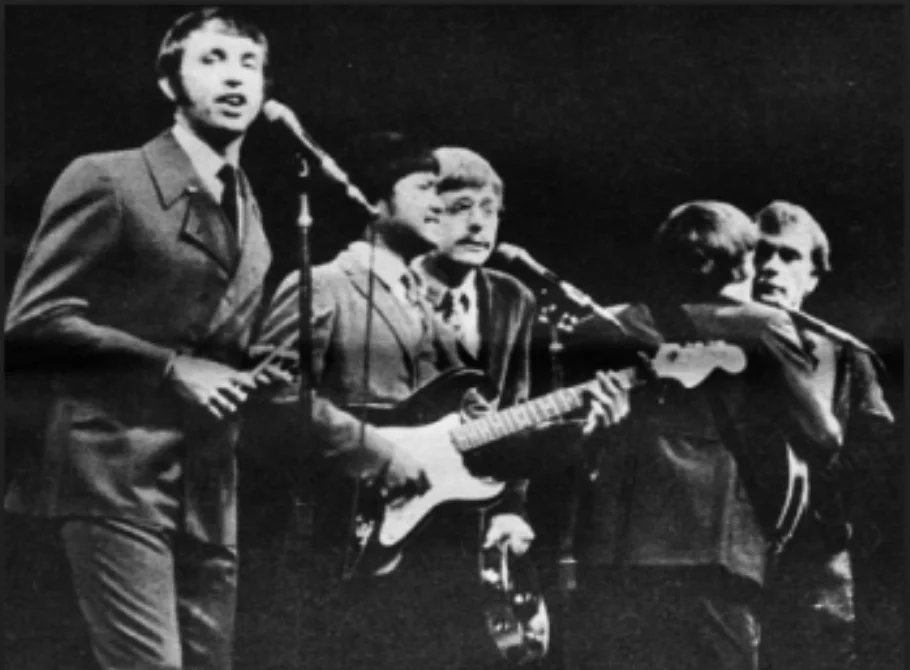
There was something absolutely magical about The Association’s silky smooth harmonies on this breezy summer anthem. “Windy” captured that feeling of young love and carefree days when your biggest worry was whether your crush would notice you at the beach. The song’s gentle folk-rock melody and those gorgeous vocal arrangements made it an instant classic, reaching number one and defining the soundtrack of summer romance.
The Association had a knack for creating music that felt both sophisticated and accessible, and “Windy” was their masterpiece. Every teenage couple made it “their song,” and it played at countless graduation parties and beach bonfires. Despite being one of the biggest hits of 1967, “Windy” has somehow been swept away by time, rarely heard on today’s oldies stations that seem to prefer louder, more guitar-driven classics.
5. “Come on Down to My Boat” by Every Mother’s Son (1967)
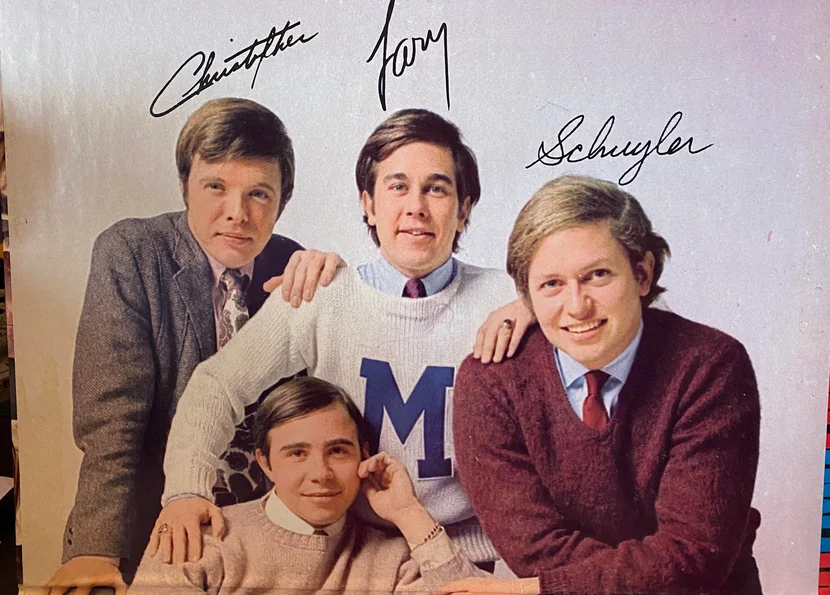
The summer of ’67 belonged to songs like this—playful, flirtatious, and absolutely irresistible. “Come on Down to My Boat” had that perfect combination of folk-rock instrumentation and cheeky lyrics that made it impossible to ignore. Every Mother’s Son created something special with this invitation to aquatic romance, and radio stations played it constantly throughout that magical summer.
The song’s gentle rocking rhythm perfectly matched its nautical theme, and those smooth harmonies made it a favorite for both couples and groups of friends singing along. It reached the top 10 and became a staple at beach parties and lakeside gatherings across the country. Today, this charming slice of ’60s Americana has been forgotten, despite being just as catchy and well-crafted as many songs that remain in regular rotation.
6. “Expressway to Your Heart” by The Soul Survivors (1967)
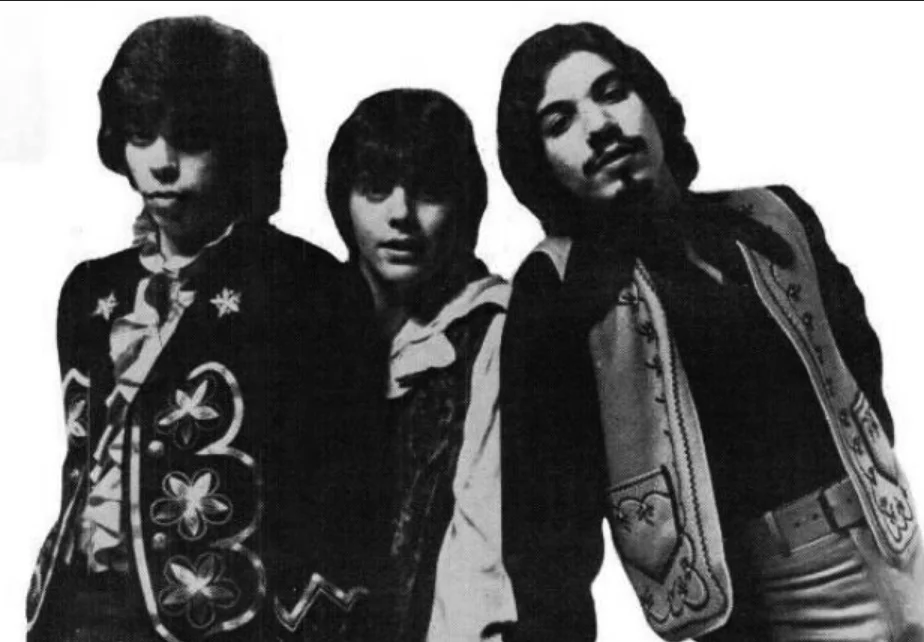
Philadelphia soul met garage rock in this driving anthem that had everyone moving from the first drumbeat. The Soul Survivors created something urgent and passionate with “Expressway to Your Heart,” building layers of horns and guitars that captured the excitement of rushing to meet someone special. The song’s energy was absolutely infectious, climbing into the top 5 and becoming a dance floor favorite everywhere.
This wasn’t just another love song—it was a declaration of romantic determination set to one of the most compelling beats of the decade. The production was crisp and modern, with every instrument locked into that irresistible groove that made your pulse quicken. Despite its chart success and undeniable catchiness, “Expressway to Your Heart” has been bypassed by classic soul stations that seem to focus on slower, more mellow tracks from the era.
7. “Georgy Girl” by The Seekers (1966)
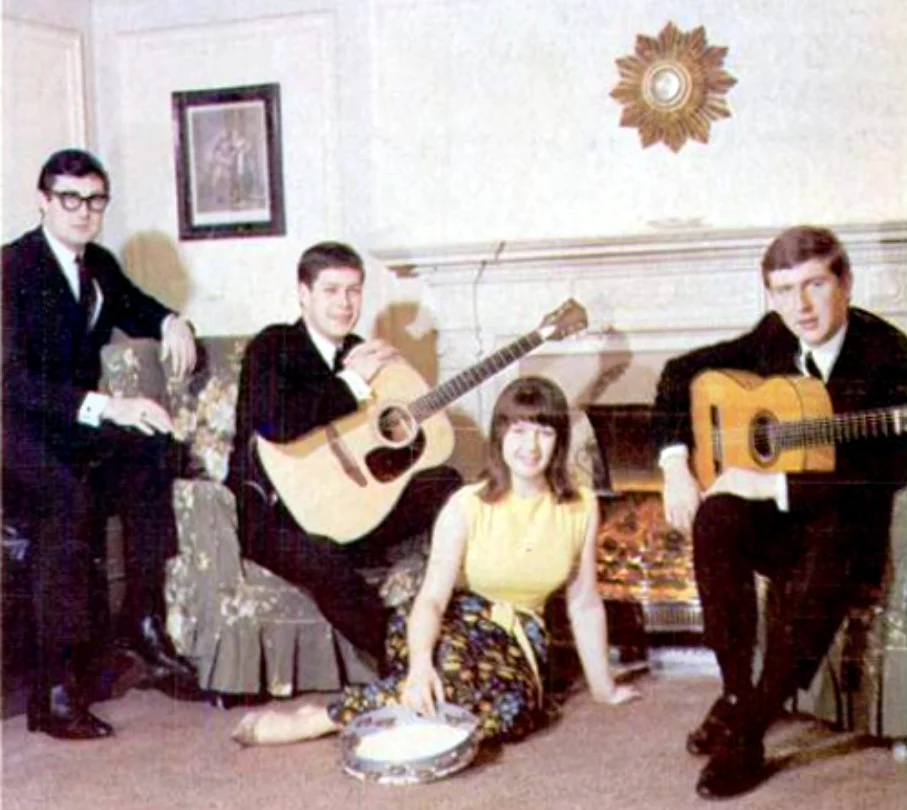
This Australian folk-pop quartet brought something uniquely charming to American airwaves with their theme song from the hit film of the same name. Judith Durham’s crystalline vocals and the group’s impeccable harmonies made “Georgy Girl” an instant classic, reaching number two and earning an Academy Award nomination. The song had that rare quality of being both deeply personal and universally relatable, speaking to anyone who’d ever felt like an outsider looking in.
The Seekers’ gentle, acoustic-based sound offered a refreshing alternative to the increasingly electric sounds dominating the charts. “Georgy Girl” became an anthem for the shy, the awkward, and the beautifully different, encouraging listeners to embrace their authentic selves. Today, while the movie remains a beloved cult classic, this gorgeous song has faded from regular rotation, remembered mainly by those who lived through its initial chart run.
8. “Happy Together” by The Turtles (1967)
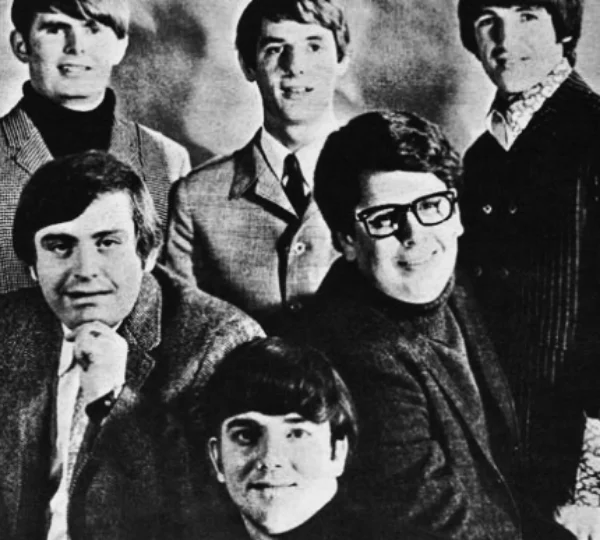
The year 1967 gave us many great songs, but few were as purely joyful as this pop masterpiece from The Turtles. “Happy Together” was the sound of young love at its most optimistic, with those distinctive vocals and that unforgettable “ba-ba-ba-ba” hook that everyone sang along to. The song shot to number one and became an instant wedding and prom favorite, perfectly capturing the euphoria of finding your perfect match.
What made “Happy Together” special was its complete sincerity—there wasn’t a trace of cynicism or irony in its celebration of romantic bliss. The production was crisp and radio-friendly, with every element serving the song’s message of pure happiness. While it occasionally surfaces in movie soundtracks and commercials, this chart-topper has largely disappeared from classic rock playlists, overshadowed by grittier, more “serious” songs from the same era.
9. “Silence Is Golden” by The Tremeloes (1967)
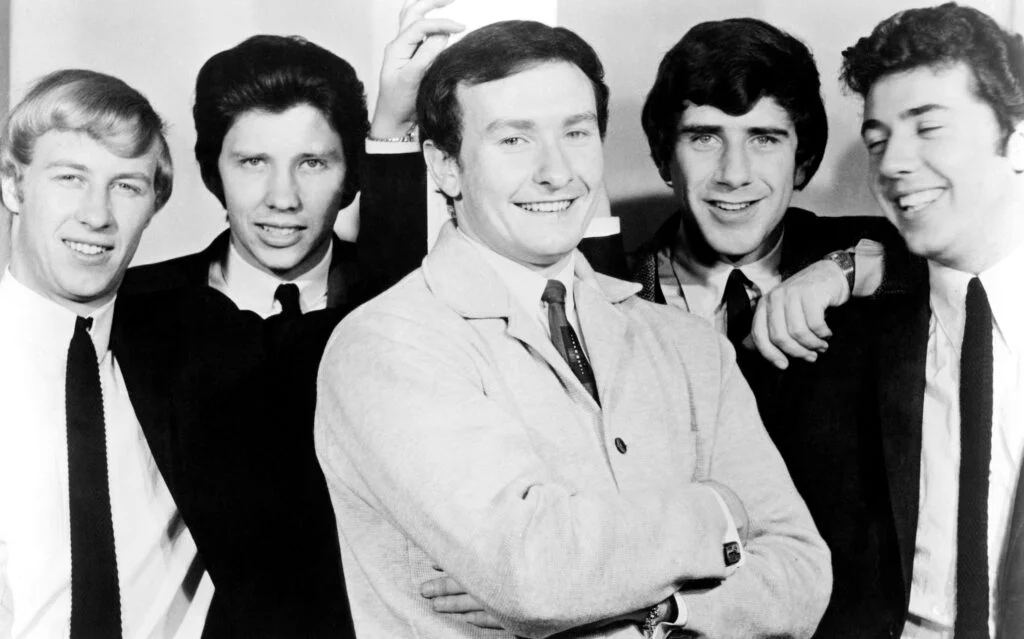
This British group took a lesser-known Four Seasons track and transformed it into something magical with their soaring harmonies and emotional delivery. “Silence Is Golden” spoke to anyone who’d ever been hurt by gossip or betrayal, offering the wisdom that sometimes keeping quiet is the strongest response. The song’s message resonated deeply with listeners, climbing to number one in the UK and becoming a substantial hit in America.
The Tremeloes brought a maturity and sophistication to this ballad that elevated it far above typical pop fare. Their vocal arrangements were intricate and beautiful, creating a sound that was both contemporary and timeless. Despite its profound message and gorgeous execution, “Silence Is Golden” has been largely forgotten, rarely heard on stations that prefer more uptempo classics from the British Invasion era.
10. “Judy in Disguise (With Glasses)” by John Fred & His Playboy Band (1968)
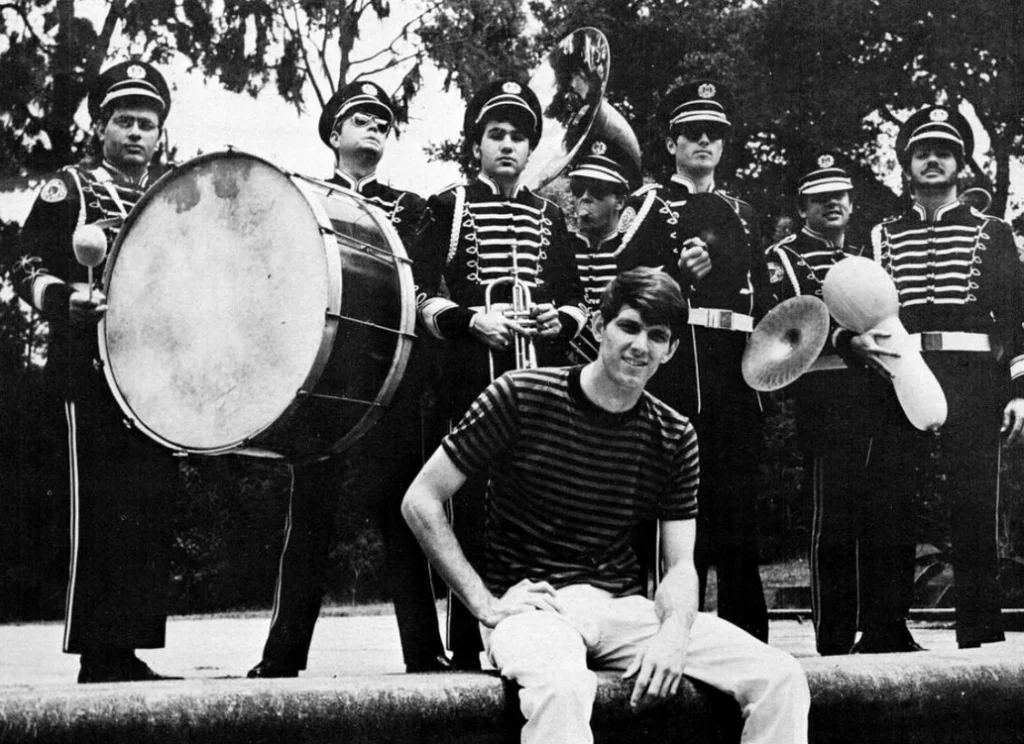
This playful twist on The Beatles’ “Lucy in the Sky with Diamonds” became an unexpected number one hit that had everyone singing along to its nonsensical but irresistible chorus. John Fred & His Playboy Band created something wonderfully absurd and catchy, proving that sometimes the best pop songs don’t need to make perfect sense. The song’s goofy charm and infectious energy made it a favorite at parties and on dance floors across America.
What started as a lighthearted parody became a genuine hit in its own right, with production values and vocal performances that stood up on their own merit. The band’s Louisiana roots gave the song a unique flavor that set it apart from other novelty hits of the era. Today, this delightfully silly number one hit has vanished from most oldies playlists, perhaps dismissed as too frivolous for serious classic rock consideration.
11. “Classical Gas” by Mason Williams (1968)
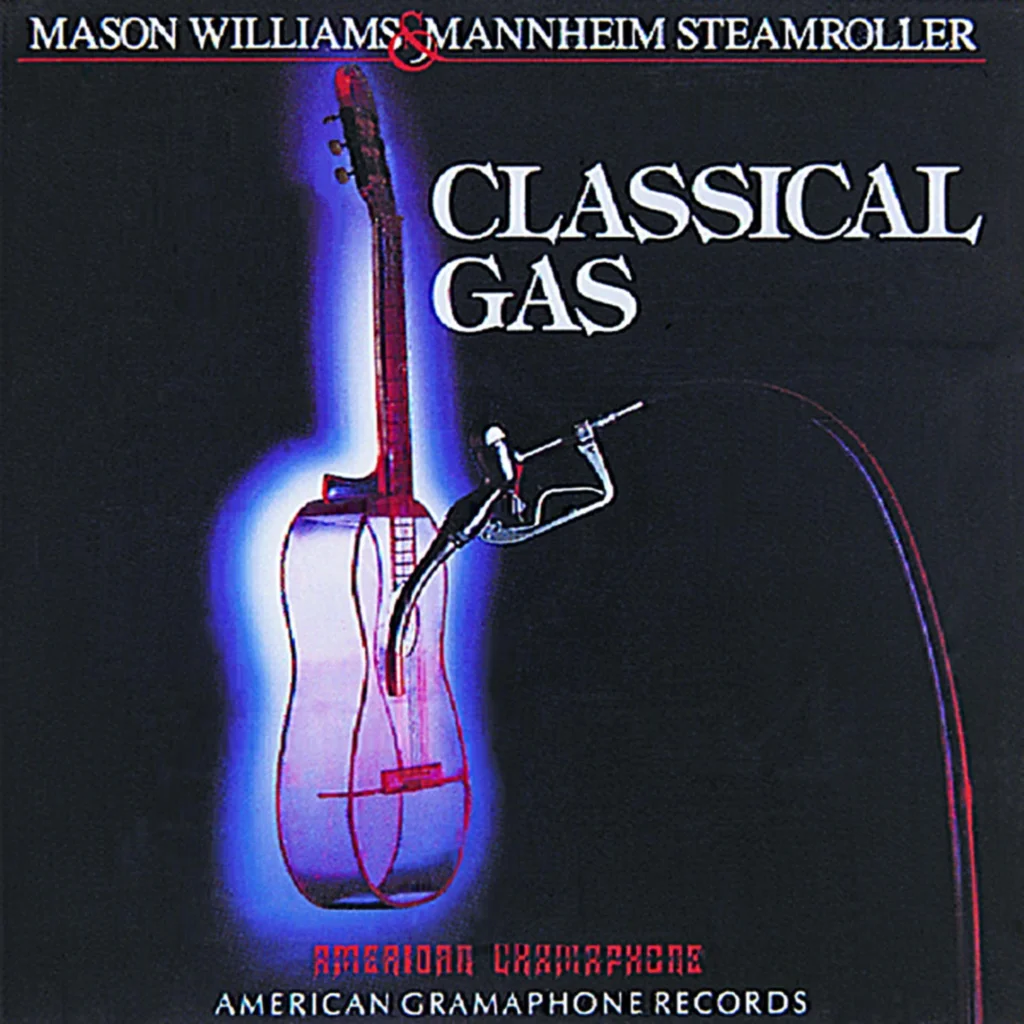
This instrumental masterpiece proved that not every hit needed vocals to capture hearts and minds across America. Mason Williams, a writer for The Smothers Brothers Comedy Hour, created something truly special with “Classical Gas”—a guitar-driven piece that bridged classical music and contemporary pop. The song reached number two and became a staple of FM radio, offering a sophisticated alternative to the louder rock anthems dominating the charts.
“Classical Gas” showcased the guitar as a lead instrument in ways that few pop songs had attempted, inspiring countless musicians to pick up their instruments and try to master its intricate passages. The song’s success proved that audiences were hungry for more complex, challenging music alongside their typical pop fare. Despite its innovation and chart success, this gorgeous instrumental has largely disappeared from classic rock stations, perhaps considered too cerebral for today’s format requirements.
12. “Love Is Blue” by Paul Mauriat (1968)
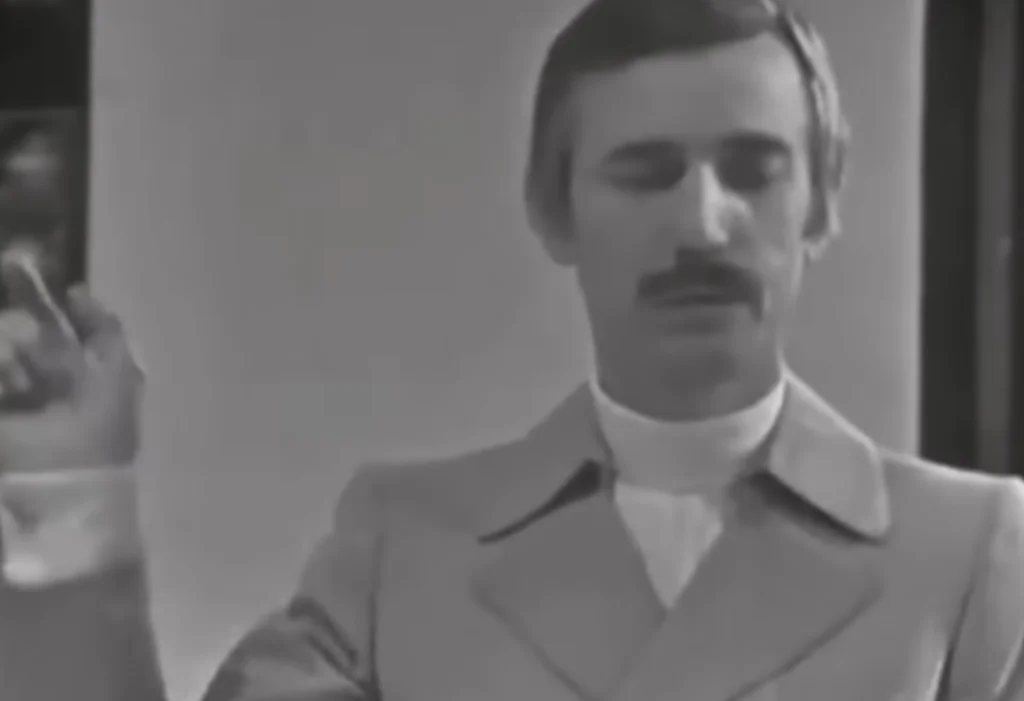
This lush instrumental arrangement took a Eurovision song contest entry and transformed it into an unlikely American number one hit. Paul Mauriat’s orchestra created something breathtakingly beautiful with “Love Is Blue,” layering strings, horns, and gentle percussion into a tapestry of pure romance. The song proved that instrumental music could still capture the public imagination, spending five weeks at the top of the charts and selling millions of copies worldwide.
“Love Is Blue” represented a more sophisticated side of popular music, offering listeners a moment of elegance and refinement in an increasingly turbulent world. The arrangement was both lush and restrained, creating an emotional journey that spoke to listeners without saying a word. Today, this gorgeous chart-topper has been forgotten by most radio programmers, perhaps considered too gentle or old-fashioned for modern classic hits formats.
These forgotten gems remind us that the ’60s were far richer and more diverse than today’s greatest hits packages suggest. Each of these songs had its moment in the spotlight, bringing joy, romance, and wonder into millions of lives before quietly slipping away. Maybe it’s time to dust off those old 45s and rediscover the magic that made these tunes so special in the first place.
This story Hit ’60s Tunes Everyone Loved—But Time Somehow Erased was first published on Takes Me Back.


